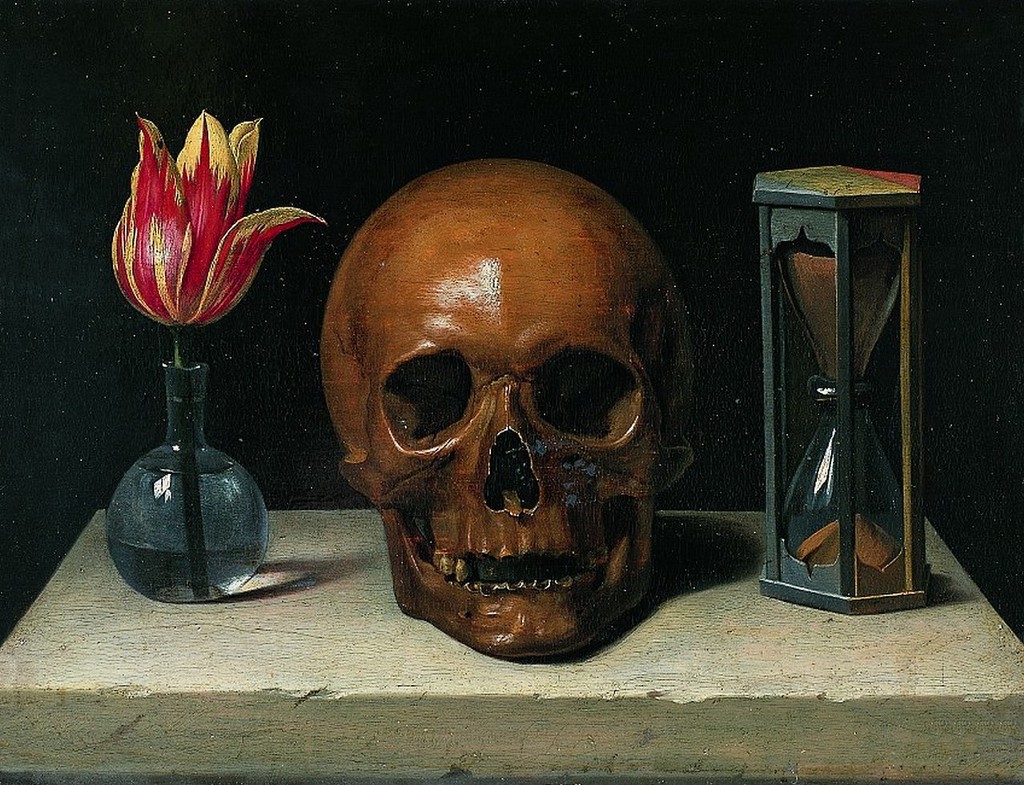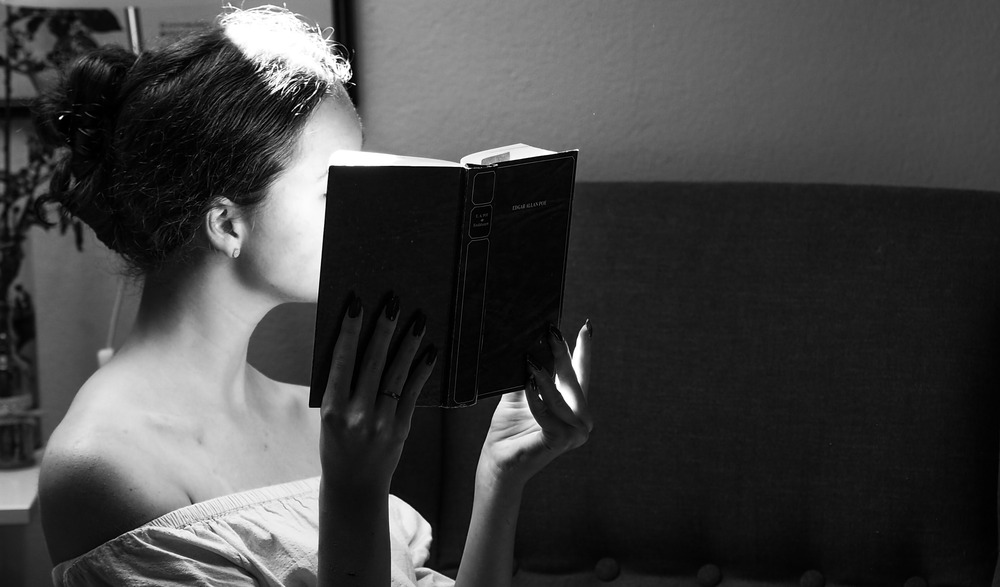Reading Lists
What to Read When You’re Going Through A Friend Breakup
Literature can help you work through emotions, or just make you feel better. Here’s what to read when you lose a friend.

Endings abound in adult life. Some finales — the end of a love affair or the loss of a job — will elicit much tea and sympathy. There’s an established language to talk about such things; friends and family make time to be supportive, and they know what to say. The break-up of a friendship, however, usually doesn’t get quite the same amount of airtime, love, and comfort. When you are little, wailing to your mother about your BFF not wanting to play with you is acceptable, but once you’re grown, you’re supposed to approach this kind of loss with equanimity. Yet the end of a friendship can cleave the heart as much as the splintering of an intimate relationship. There’s no sex, usually, but you do so much else together. Then you grow apart, or perhaps the toxic rot creeps in. Even when it’s a little bit of a relief to reach the end, though, there’s still a lonely gap in your soul.
In my adult life, I’ve had three friend splits. In two of them, I was the one left, bewildered (though I accepted, in time, my role in these demises). The last, I was the one doing the leaving. It was as lacerating as the first two, especially as she gained custody of our friend group. As therapeutic practitioners who use the ancient curative methods of bibliotherapy and all readers since the beginning of time know, fiction can provide salve — and salvation. Although novels have offered much balm for me, I came belatedly to Elena Ferrante’s My Brilliant Friend and wished I’d had it earlier as medicine.
I came belatedly to Elena Ferrante’s “My Brilliant Friend” and wished I’d had it earlier as medicine.
In deceptively straightforward prose, Ferrante shapes and reshapes of the energy and internalities of friendship. I suspect many people, women and men, have had these all-consuming attachments in childhood and beyond. Ferrante conjures the beauty of such ties, which amid the friend break-up can be soothing and cathartic in a nostalgic way. Lila and Elena are delightful in their daring (Lila’s mostly) and joint adventuring, which offer vicarious thrills and escapist company, both helpful in the aftermath of a friend loss. Then, there’s the complicated world of post-WWII Italy and the peculiarities of Naples to be absorbed and transformed by. But even more analgesic for your sad, mad heart, I feel, is Ferrante’s rendition of the wretched, simmering contest that this sort of closeness can entail.
The frenemy-ship between the very bad and very smart Lila and the more tentative but also brilliant and wicked Elena begins in childhood and stretches through adulthood in Ferrante’s four epics. In My Brilliant Friend, books and a curiosity about the world tie the girls to each other in their working-class Naples neighborhood. One of their planned childhood joint ventures is the co-writing of a novel. Lila ends up completing it by herself, but it’s Elena who becomes the novelist as an adult. Elena gets to go middle school, but dropout Lila learns Greek on her own and tutors Elena. “Would she always do the things I was supposed to do, before and better than me? She eluded me when I followed her and meanwhile stayed close on my heels in order to pass me by?” Elena laments. But Elena is no uncomplicated darling herself. She steals Lila’s idea for an essay and much more for fictional fodder later on in the series.
Life (via Ferrante’s authorial hand) deals the cards unevenly. Lila is brilliant but suffers the locked, provincial minds of her parents, who refuse to let her continue her education. Elena’s intelligence, which perhaps falls short of Lila’s otherworldly genius, is rewarded but even in her youth, she’s aware of her existential hole. As an adult, she goes on to enjoy a more bourgeois existence and success, but she’s remains naggingly empty. Still, she has the literary fame, of which both dreamt. My Brilliant Friend shifted me between Lila’s and Elena’s shoes — and it was hard to be aligned with either one for too long. They are both equally wretched and mildly evil in their own ways. This was both comforting (people are like that sometimes) and disconcerting (if you can’t even trust your BFF, who can you trust?). While I’ve not had a friendship as lengthy and as convoluted as theirs — which lasts through lovers, literary success, and a lost daughter — the dynamic was familiar.
The quiet awfulness of the girls’ platonic, competitive hate/lust riveted me. I revisited my lost friendships, all of which shared the closeness and flame of Lila and Elena’s bond. I’d long accepted closure on them but Ferrante’s characters made me feel lucky for the travels — actual ones to their childhood homes and mine, and places like Tunisia, New York, and Istanbul, and imaginative journeys in art, literature, and music — that I’d had with these ex-friends. But recalling the tiny bits of dysfunction, which were not unlike Lila and Elena’s minor aggressions towards each other, that grew into mountains of angst, I was thrilled these episodes now belonged to the past. The novel serves as a reminder of the massive energy suck of passive-aggressiveness dodged.
Elena’s narration of the friendship also offers a reflective surface, from which to view your own behavior. You don’t have to take the BS, like the competitive intellectual jousting or thieving that passes as friendship between Lila and Elena. Nor do you have to mete it out. Whether you exercised your agency in your current breakup or not, you’re free to do so going forward. Upon finishing the book, which will be a HBO show this fall, the real peace and solace I savored came from the gratitude for these endings — and for the absence of toxicity in my enduring ride-or-die friendships.
Alternatives
Tangerine by Christine Mangan
Mid-century Tangier, rendered as hazy (and, perhaps inevitably, Orientalist), is the backdrop for the reunion of former Bennington roommates, Lucy and Alice. Both characters narrate unreliably in “she said, she said” alternating chapters. Their suspect past and the claustrophobic present unspool in disquieting fashion. It’s Single White Female but abroad, or The Talented Mr. Ripley but with ladies. George Clooney has optioned it and a celluloid take, starring Scarlett Johansson, is forthcoming.
The Secret History by Donna Tartt
A spectacular and truly obsessive novel about Classics, murder, and a nerdy and mostly privileged friend crew. The murder, revealed on page one, will turn out to be the least of the whole drama. The novel charts the fraying of the sometimes cultish group friendship bond, which can crack your heart several times over since multiple, overlapping bonds are in play.
Sir Vidia’s Shadow: A Friendship Across Five Continents by Paul Theroux
Having not been offended by V.S Naipaul’s off-color ways in their three-decade-long friendship, Paul Theroux airs the laundry in this bitchy memoir of a literary romance. Even after calling some of the Nobel Laureate’s work “silly and unreadable” in print, a reconciliation between the two took place before Naipaul’s recent death. If these two can make it back to each other, never say never about any friend breakup.








